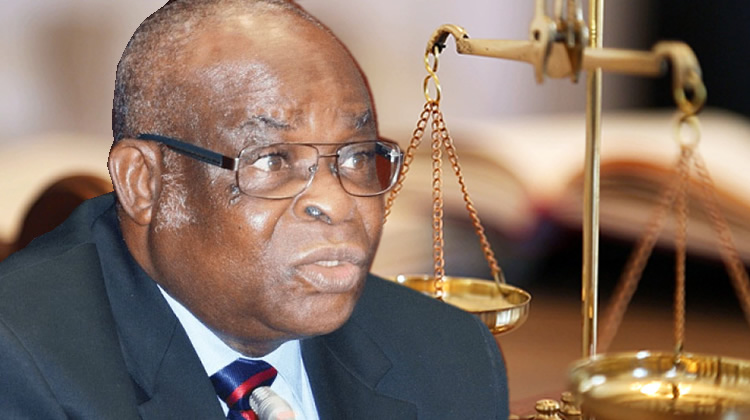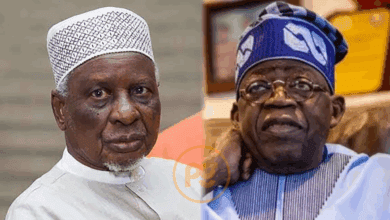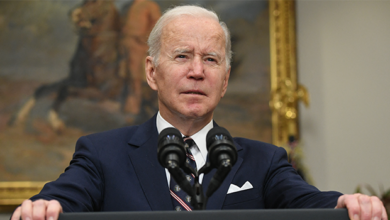A’court to hear suit challenging Onnoghen’s removal as CJN today


The Court of Appeal will today hear the suit filed by the former Chief Justice of Nigeria (CJN) Walter Onnoghen, challenging his removal from office by the Cide of Conduct Tribunal (CCT) in 2019.
Onnoghen had filed the suit at the appeal court in 2019.
The ex-CJN is praying the court to set aside the CCT’s judgment delivered against him on April 18, 2019, on various grounds.
In the appeal marked CA/ABJ/375 & 376 & 377/2019, Onnoghen, through Adegboyega Awomolo, his lead counsel, is asking the appellate court to quash his conviction because the CCT lacked the jurisdiction to preside over the matter.
He also argued that the tribunal chairman was biased and denied him a fair hearing.
Listing some of the particulars of error in the CCT’s verdict, Onnoghen argued that he was a judicial officer at the time the charge was filed against him on January 11, 2019, and could not be subjected to the jurisdiction of the lower tribunal.
He added that only the National Judicial Council (NJC) has the power to discipline him for misconduct and not the lower tribunal.
“The lower tribunal had in the case of FRN V. Sylvester Nwali Nguta, in charge No: CCT/ABJ/01/2017 delivered on 9th January 2018, affirmed the position of the Court in FRN Nganjiwa v. FRN,” he said.
Contrary to the CCT findings, the former CJN also said he did not admit being guilty of non-declaration of assets.
Onnoghen also challenged the order for the confiscation of his assets on the grounds as against the provisions of paragraph three of section 23 of the CCB Act, which only permits the seizure of such properties “if they were acquired by fraud.”
He faulted the failure of the prosecution to present the petitioner, Denis Aghanya, whose petition led to the charges against him, before the tribunal.
In April 2019, a three-member panel of the CCT led by Danladi Umar, chairman of the tribunal at the time, convicted Onnoghen on six counts bordering on false asset declaration and ordered that he should be removed from office.
The panel also banned the former CJN from holding public office for 10 years.
The CCT ordered the forfeiture of the money in the five accounts, which the defendant was said to have failed to declare as part of his assets.
However, Onnoghen challenged the verdict of the tribunal at the appellate court.
In its ruling on May 10, 2019, a three-man bench led by Stephen Adah, held that three of the appeals had become academic since the trial had been concluded by the CCT.
But the court ruled that the CCT breached Onnoghen’s right to a fair hearing when it ordered his suspension based on false assets’ declaration charges filed against him at the tribunal.
On January 25, former President Muhammadu Buhari suspended Onnoghen, citing an order from the CCT.
Adah said the order was not only made when Onnoghen had not been arraigned before the CCT, but it was obtained in a manner “shrouded in secrecy”.
Olabisi Ige, the judge who read the lead judgment in another appeal, held that the CCT ought to have been bound by the various court orders from the national industrial court and the federal high court stopping the trial.
The judge also faulted the tribunal for ignoring the orders.
The court dismissed Onnoghen’s appeal challenging the warrant of arrest issued against him by the CCT.
The appeal was struck out on the basis that the ex-CJN failed to present a copy of the arrest before the court.




